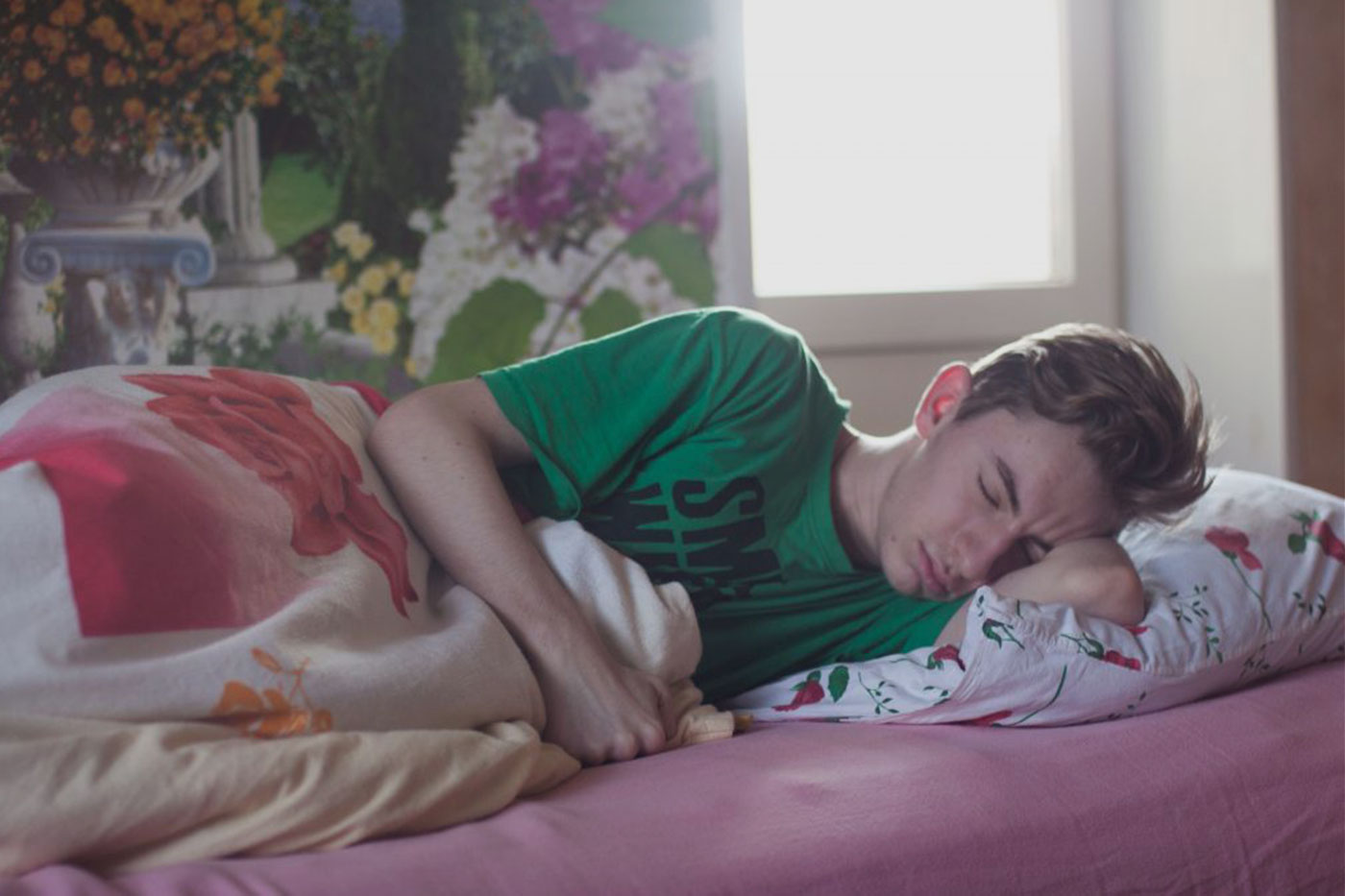You need eight hours of sleep per night.
The ideal amount of sleep is different for everyone and depends on many factors, which include age and genetic makeup.
Bigger differences are seen when comparing various age groups. Ten-year-olds needed about nine hours of sleep, while adults older than 30, including senior citizens, averaged about seven hours. There is a recent discovery of a gene that is associated with sleep duration and if you have this gene you require more sleep than another person.
Although it’s common to hear warnings about getting too much sleep, it’s not difficult to figure out how much sleep we need. We sometimes overeat, but we generally cannot oversleep. When we wake up unprompted, feeling refreshed, we have slept enough.
Early to bed and early to rise makes a man healthy, wealthy and wise.
Historically, human beings have had a set body clock which was tightly synchronized to a day-night cycle. This changed as work gradually moved indoors and was performed under the weaker intensity of artificial light during the day. Whether we work in daylight or nighttime does not hold the same relevance as it did earlier on.
The timing of sleep — earlier or later — is controlled by our internal clocks, which determine what researchers call our optimal “sleep window.” With the widespread use of electric light, our body clocks have shifted to a later time, while the workday has essentially remained the same. We fall asleep according to our (late) body clock, and are awakened early for work by the alarm clock. We therefore suffer from chronic sleep deprivation, and then we try to compensate by sleeping in on free days. Many of us sleep more than an hour longer on weekends than we do on workdays.
This is a discrepancy between what our body clocks want and what our social clocks want – being most obvious in teenagers. The tendency to sleep longer is biological which reaches its peak around age 20. Studies show that teenagers who sleep later and start school later exhibit improved academic performance, higher motivation, decreased absenteeism and better eating habits.
Exercise helps you sleep.
Exercising may contribute to falling asleep earlier, and it certainly helps us sleep soundly through the night. But it’s light, not physical activity that helps. Exercise often means being outside.
Sleep is not only regulated by the body clock, but also by how long we were awake. We will get more tired skiing, for example, than sitting at a desk sending e-mails. This is one reason we sometimes lie awake at the end of a long day at the office despite utter exhaustion. Therefore, to sleep better it is necessary to exercise enough, but not too much that the body sees it as a change in its sleep clock.
Sleep is just a matter of discipline.
Most parents and teachers think that if teenagers are zombies in the morning, they just lack the discipline to go to bed early. Although it is true that exposure to computer and television screens late at night makes for late rising, early-to-bed teenagers will still have a hard time getting up at the crack of dawn.
Think of teenagers as early shift-workers who suffer the most social jet lag. They go to school at their biological equivalent of midnight with profound consequences for learning and memory. They suffer from sleep deprivation during the school week and certainly should be allowed to catch up on weekends. However, they should sleep with daylight coming into their bedrooms and should refrain from using light-emitting devices after 10 p.m.
Most couples have very different sleep habits.
This is a matter of biology and genetics, not habits and personal preference. Women generally fall asleep earlier than men, who tend to stay up late. Women, however, tend to control the sleep times in a partnership. Husbands of women who work late shifts at night, for example, go to bed much earlier when their wives are at home than when their wives are working late, research has found.
One finding that might be surprising, given how much time we spend in our beds: Men and women don’t seem to give any consideration to sleep patterns when choosing a mate.
When you suffer from a sleep problem, or simply want to have a healthy sleep cycle you must be aware of the difference between a myth and a reality. Therefore, if you want to fix your sleep related problems it is necessary to acquaint yourself with the right information!
Reference: https://www.washingtonpost.com/opinions/five-myths-about-sleep/2012/11/21/4e1c9f44-3273-11e2-bb9b-288a310849ee_story.html?noredirect=on








